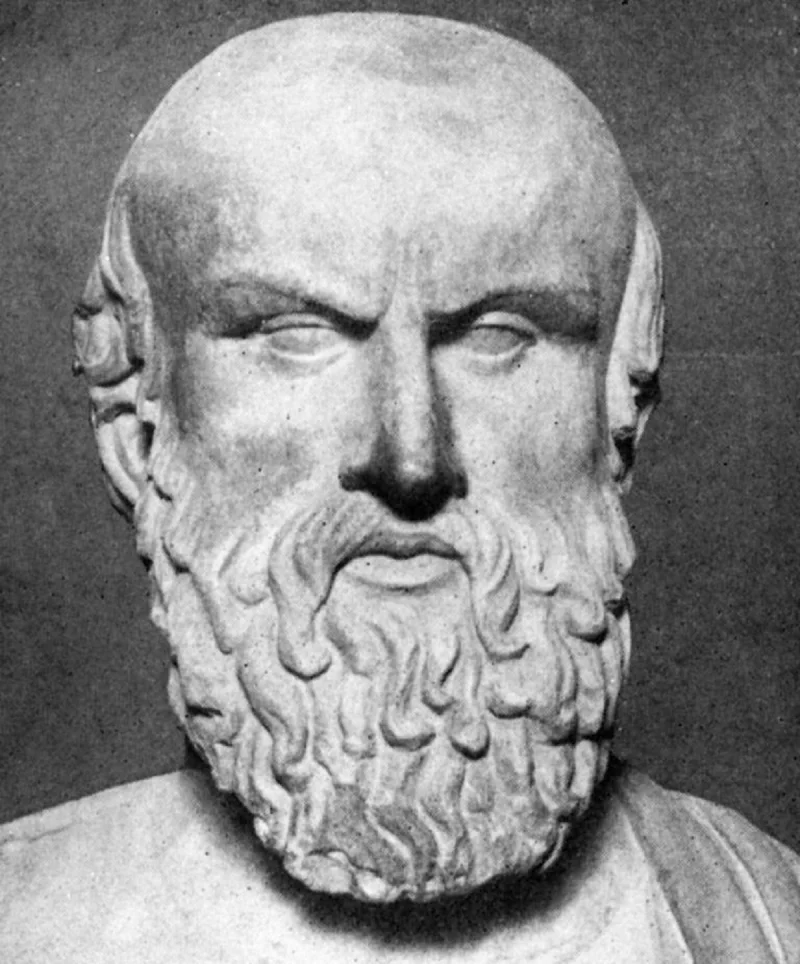Short Summary
James Clerk Maxwell was a pioneering Scottish physicist and mathematician, best known for his formulation of Maxwell's equations, which describe the fundamentals of electricity and magnetism. His work laid the groundwork for modern physics, influencing both the theory of relativity and quantum mechanics. Maxwell's contributions to electromagnetism and his theoretical predictions of electromagnetic waves are key achievements that have cemented his reputation as one of the most influential scientists in history.
Early Life & Education
James Clerk Maxwell was born on June 13, 1831, in Edinburgh, Scotland, into a well-to-do family. His father, John Clerk Maxwell, was a lawyer, and his mother, Frances Cay, came from a wealthy family. From a young age, James exhibited an insatiable curiosity about the world around him. He was educated at home by his mother until her untimely death when he was eight. He then attended Edinburgh Academy, where he displayed a talent for mathematics and science. Maxwell went on to study at the University of Edinburgh before transferring to the University of Cambridge, where he graduated with a degree in mathematics in 1854.
Career Highlights
Maxwell's career was marked by significant academic appointments and groundbreaking research. In 1856, he began teaching at Marischal College, Aberdeen, and later moved to King's College London in 1860. During his tenure at King's College, he published his seminal paper on the electromagnetic field. In 1871, Maxwell became the first Cavendish Professor of Physics at the University of Cambridge, where he established the Cavendish Laboratory. His work in electromagnetism, thermodynamics, and the kinetic theory of gases significantly advanced the understanding of physical sciences during his lifetime.
Major Achievements
- Developed Maxwell's equations, revolutionizing the understanding of electromagnetism.
- Predicted the existence of electromagnetic waves, paving the way for the development of wireless communication.
- Introduced the concept of the Maxwell-Boltzmann distribution in statistical mechanics.
- Made significant contributions to the field of optics, particularly color theory.
- Founded the Cavendish Laboratory, a major center for scientific research.
Famous Quotes
- "Thoroughly conscious ignorance is the prelude to every real advance in science."
- "The only laws of matter are those which our minds must fabricate, and the only laws of mind are fabricated for it by matter."
Interesting Facts
- Maxwell's first scientific paper was published when he was just 14 years old.
- He was deeply religious and saw his scientific work as a way to understand God's creation.
- Maxwell's work laid the groundwork for Einstein's theory of relativity.
- He was known for his ability to communicate complex scientific ideas with clarity and simplicity.
- Maxwell was an accomplished poet, often writing humorous verses.
Legacy / Influence
Maxwell's contributions to science have had a lasting impact, fundamentally altering the course of physics. His equations unified electricity, magnetism, and optics into a single theoretical framework. This unification inspired subsequent developments in theoretical physics, including Einstein's theory of relativity and the quantum theory. Maxwell's work paved the way for modern technologies such as radio, television, and radar, affirming his place as a central figure in the history of science.
FAQ
Q: Why is James Clerk Maxwell famous?
A: He is famous for formulating Maxwell's equations, which describe the fundamentals of electricity and magnetism.
Q: What did Maxwell predict about electromagnetic waves?
A: He predicted the existence of electromagnetic waves, which led to the development of wireless communication.
Q: What contributions did Maxwell make to statistical mechanics?
A: He introduced the Maxwell-Boltzmann distribution, which describes the distribution of speeds in a gas.
Q: What was Maxwell's role at the Cavendish Laboratory?
A: He was the first Cavendish Professor of Physics and established the laboratory as a major center for scientific research.












